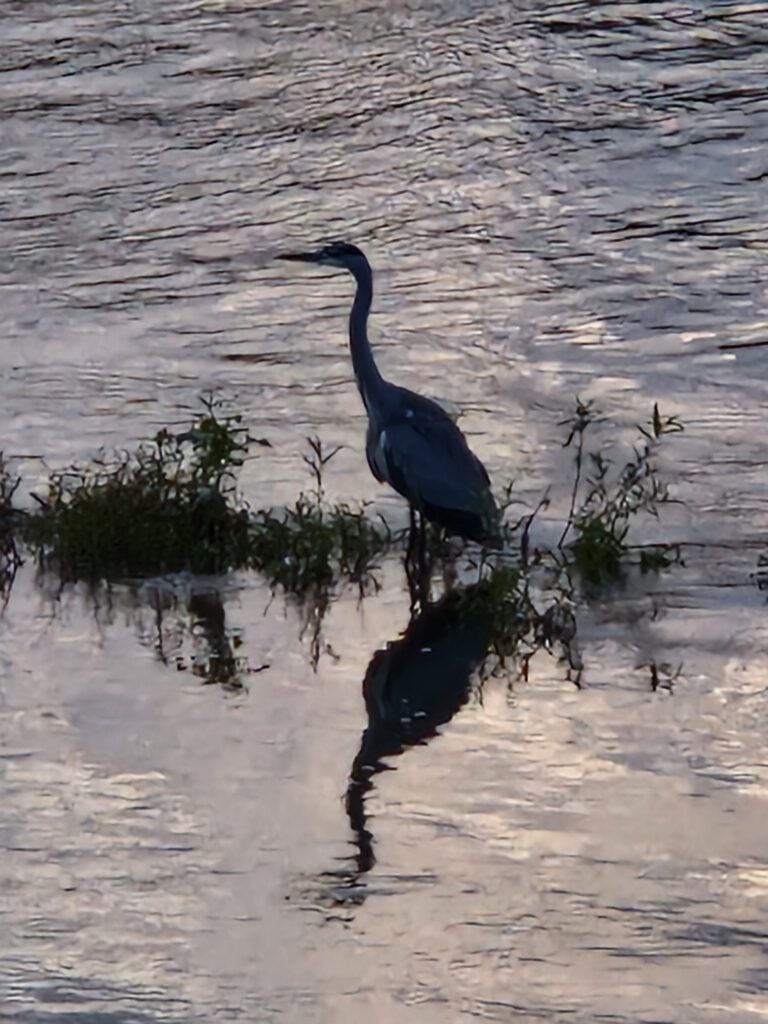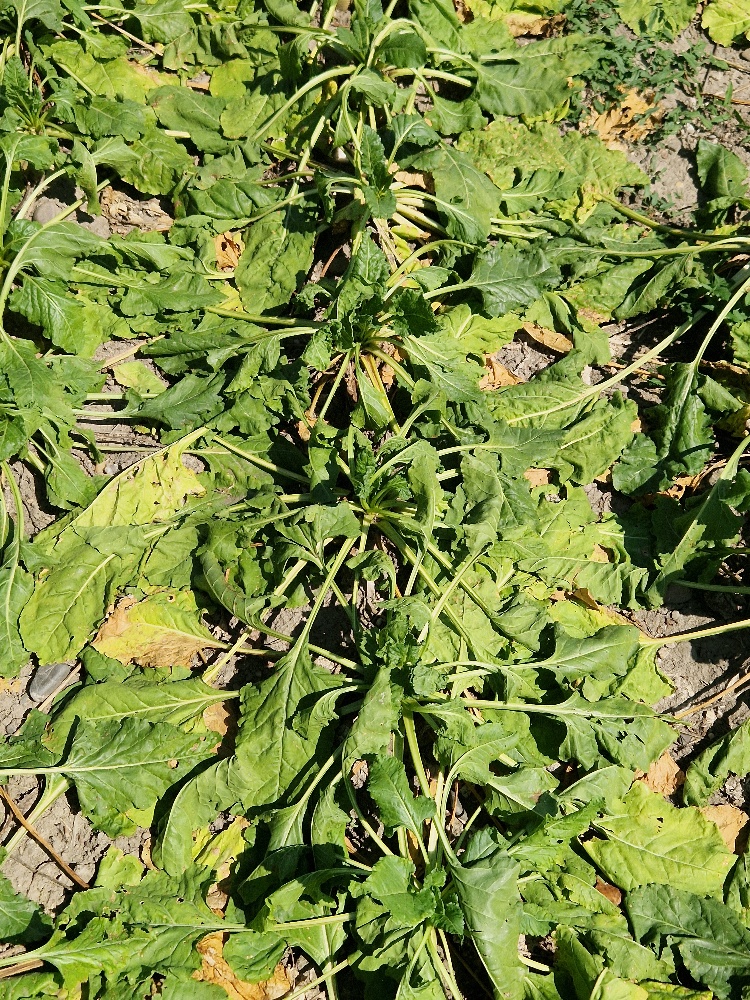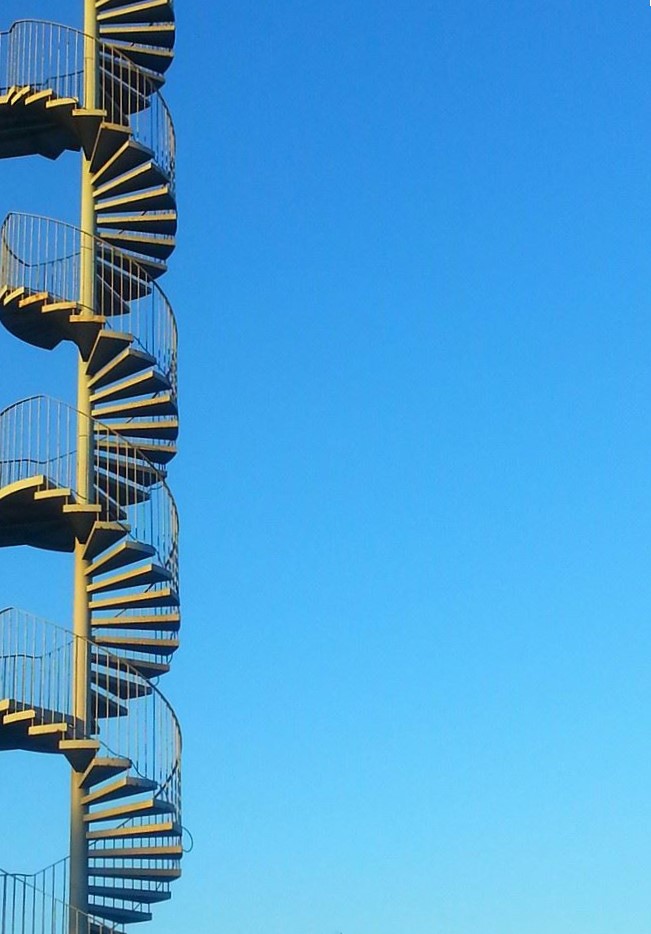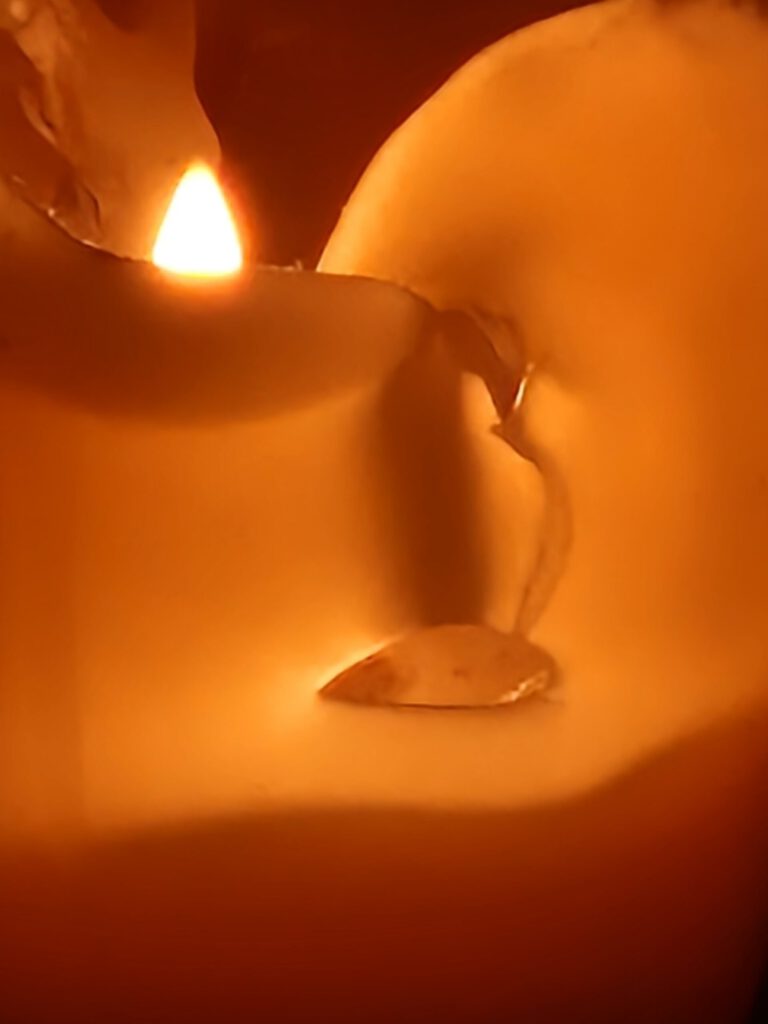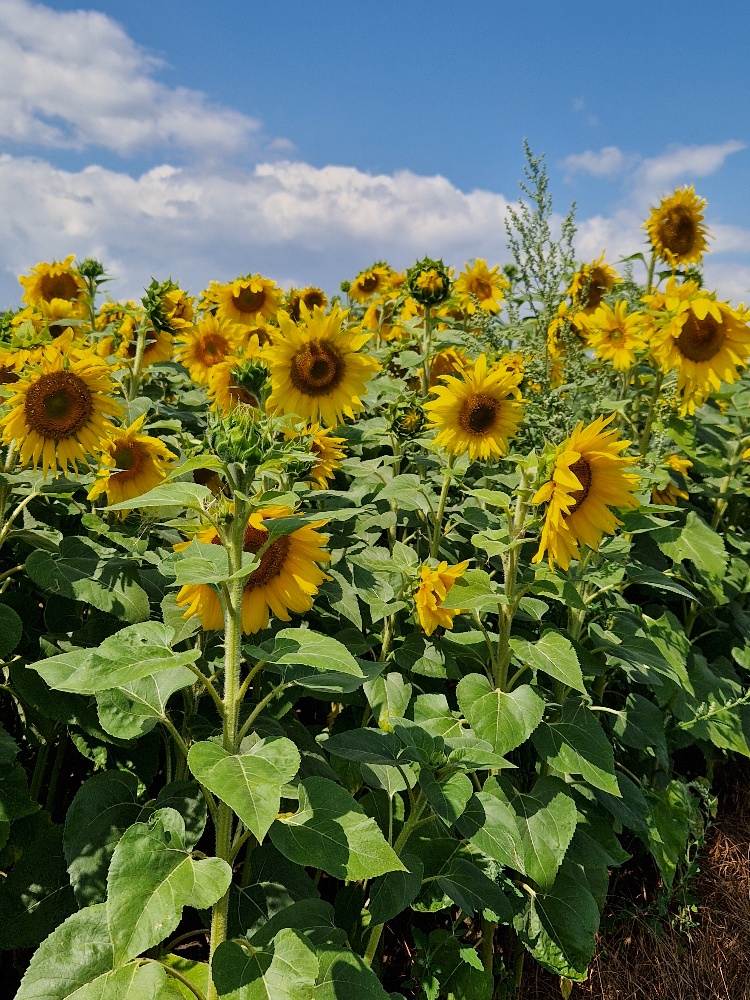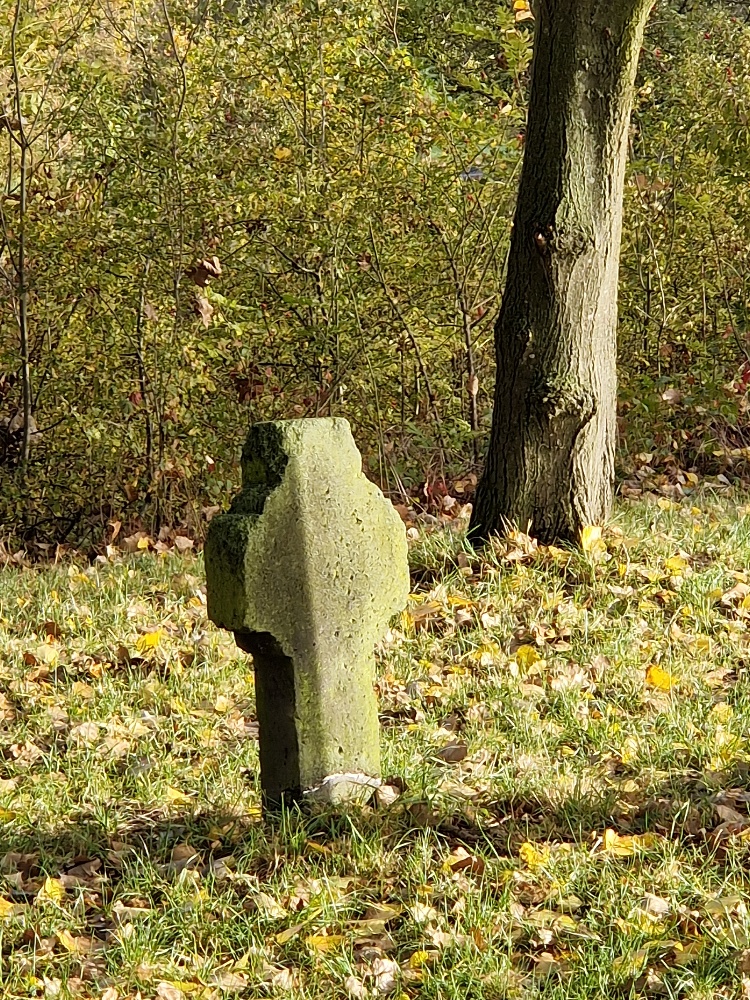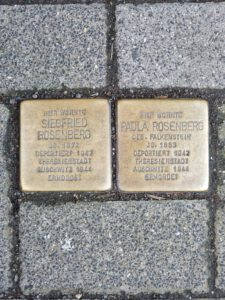Eine Oase ist ein guter Ort, um innezuhalten, sich zu sammeln, zu reflektieren und die Batterien aufzuladen. Jede Woche gibt mir reichlich Inspiration in Bezug auf Themen; mögliche Quellen sind Coaching-Sitzungen, Gespräche mit Familienmitgliedern und Freunden, meine eigene Lektüre oder einer der vielen Beiträge und Podcasts, die ich unterwegs genieße. Ein Thema wird mich Anfang der Woche ansprechen und ich habe dann große Freude an dem iterativen Prozess des Entwerfens, Überarbeitens, Polierens und Fertigstellens jedes Aufsatzes. Dann folgt die Auswahl eines passenden, meist aktuellen Fotos aus meiner Sammlung, um das aktuelle Thema visuell zu akzentuieren. Wenn Sie die Artikel in Deutsch lesen möchten, klicken Sie bitte auf den entsprechenden orangenen Button „Translate >>“.
Ich lade Sie ein, sich eine kleine Auszeit zu nehmen, Ihre eigene sechsminütige Oase zu schaffen, einen bequemen Stuhl zu finden, sich niederzulassen und zu lesen. Mögen Sie ein Gefühl der Identifikation erleben und hoffentlich etwas Inspiration in diesen wöchentlichen Reflexionen finden. Wenn so, fühlen Sie sich frei, die `Weekly Reflections´ zu abonnieren:
Sie erhalten dann jede Woche zukünftige Ausgaben direkt per E-Mail. Bitte teilen Sie den Link auch in Ihrem eigenen Freundes- und Mitarbeiterkreis.
Schließlich sind Feedback und Kommentare immer sehr willkommen. Ich wünsche viel Genuß bei der Lektüre!



